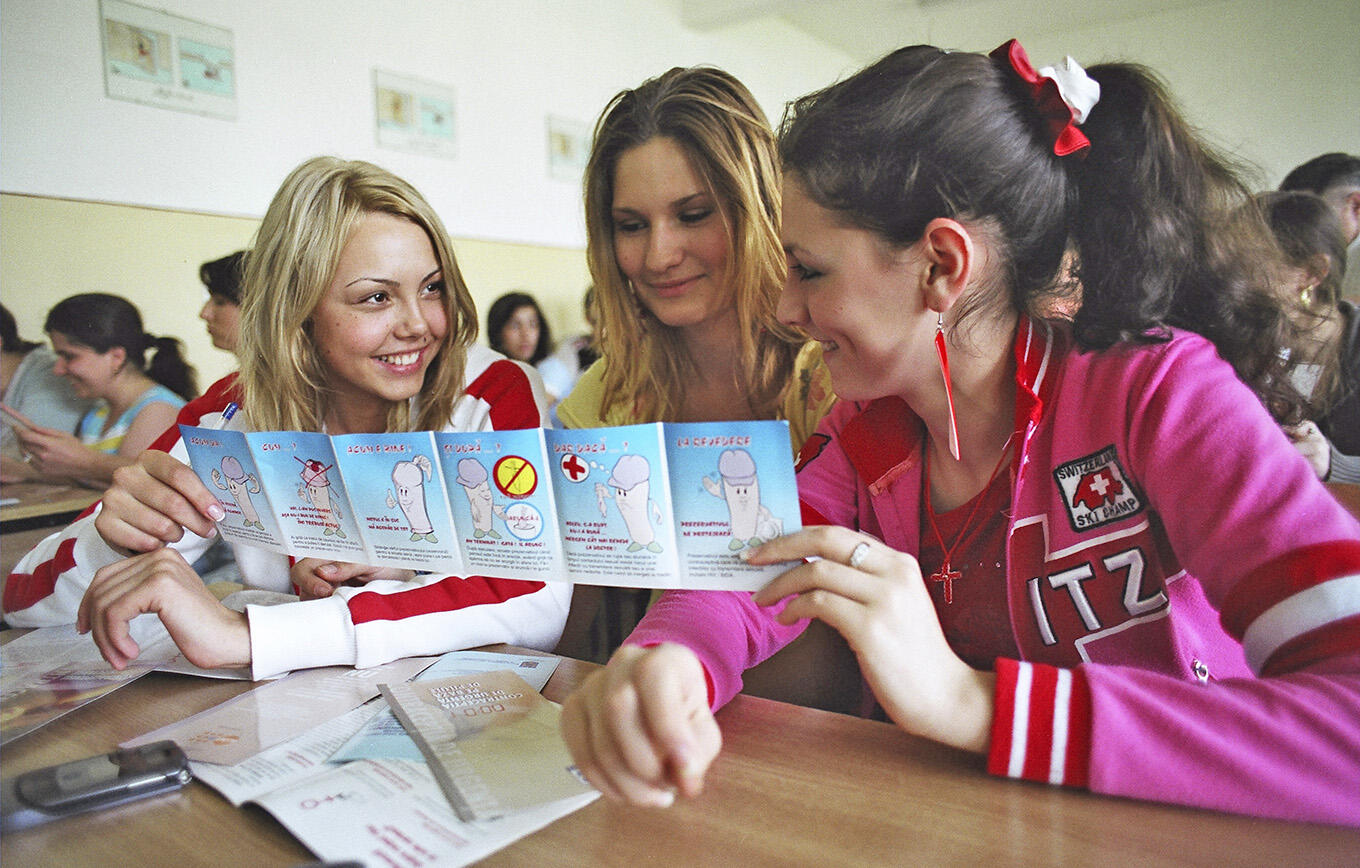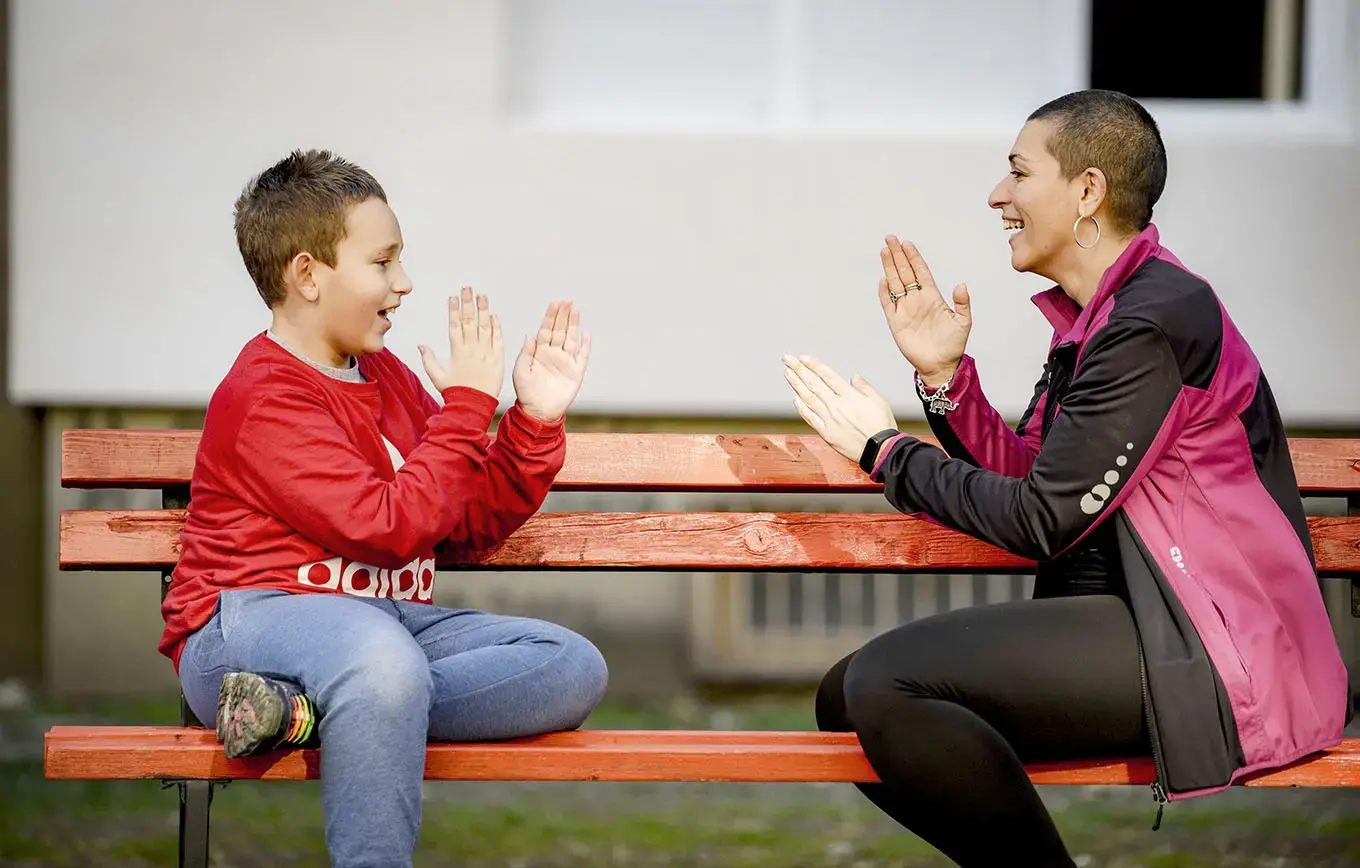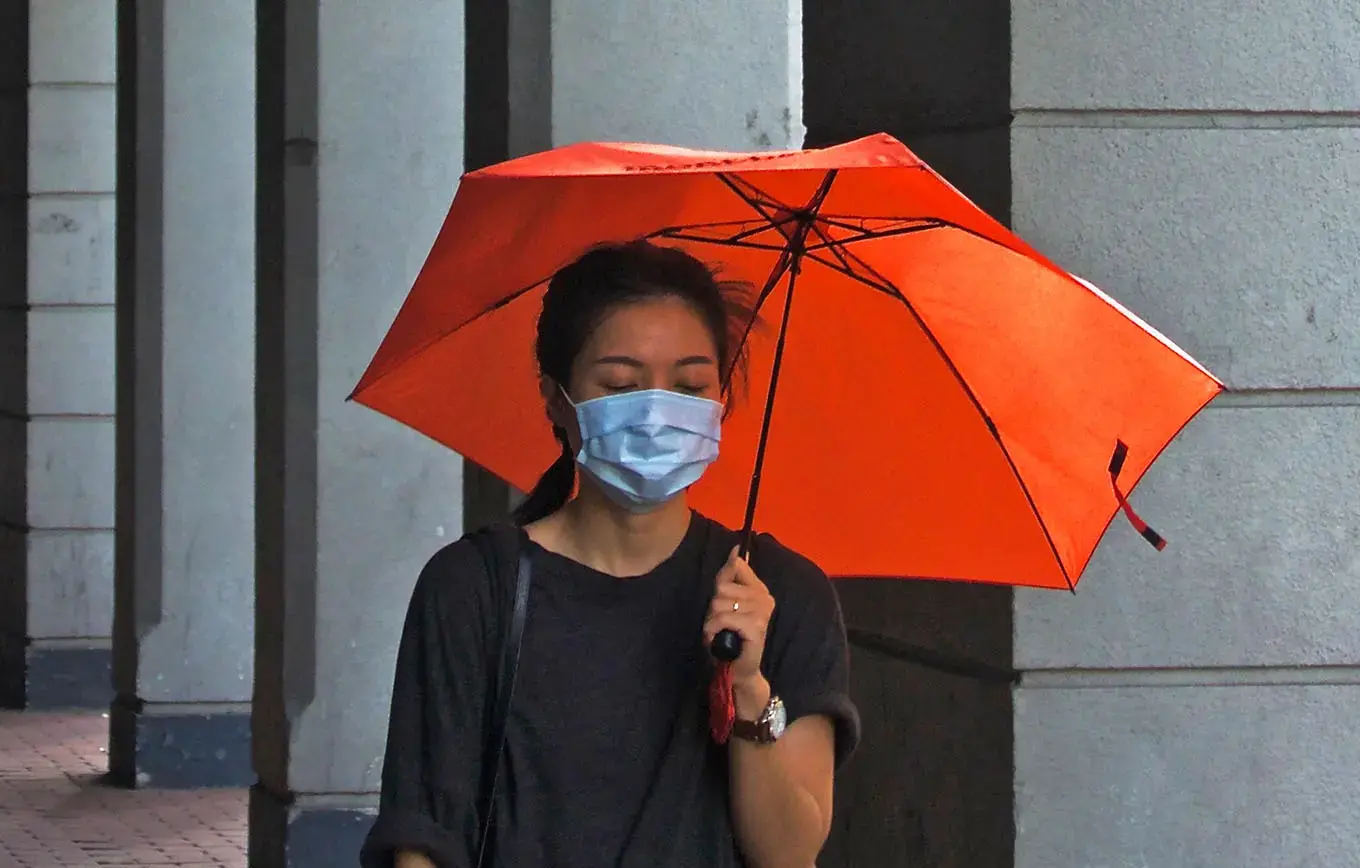Learning about sexuality is an integral part of growing up. Age-appropriate comprehensive sexuality education helps children and young people understand their changing bodies and feelings, and develop safe, healthy, satisfying relationships with others. But comprehensive sexuality education is too often missing from school curricula in the Eastern Europe and Central Asia region. This is due in large part to stigma and taboos about sexual and reproductive health, and to misinformation about the role comprehensive sexuality education can play in helping young people become healthy adults. Here’s five things that comprehensive sexuality education actually teaches — and how they benefit not only young people, but also all of society.
1. How to avoid pregnancy until you’re ready
Studies in several European countries have shown that introducing long-term national sexuality education programmes has led to a reduction in adolescent pregnancies and abortions. Early pregnancy takes a toll on a girl’s health, education and rights. When women can have children only when they are ready, they can realize their potential and participate fully in schooling and employment, increasing a society’s human capital.
2. How to protect yourself from STIs and HIV
Comprehensive sexuality education has also been shown to lead to a decline in rates of sexually transmitted infections (STIs), including HIV, among young people aged 15–24 years. Many people erroneously believe that talking to young people about sex will lead to them becoming sexually active at an earlier age. But age-appropriate comprehensive sexuality education can instead lead to delayed sexual debut and more responsible sexual behaviour, including reduced risk-taking. This makes societies healthier as a whole, reducing demand on health-care systems and health-care costs.
3. How to recognize and know how to react to abuse
By enabling young people to talk openly about their bodies and feelings, and teaching them about equality and respect in relationships, comprehensive sexuality education puts them in a better position to recognize abusive persons and situations, and empowers them to set limits. As a result, it can help break silences around sexual violence, sexual exploitation and abuse, and inspire young people to seek help. Comprehensive sexuality education’s basis in human rights and gender equality also reduces the risk factors related to various kinds of violence, including school-related gender-based violence, partner violence, homophobia and bullying.
4. How to enjoy healthy and equal relationships
Learning how to communicate with potential partners about sexual choices, emotions and sexual and reproductive health can empower young people to develop stronger and more meaningful relationships. Comprehensive sexuality education that addresses gender equality and harmful gender norms has a positive impact on attitudes and values and can even out the power dynamics in intimate relationships, thus contributing to the prevention of abuse and fostering mutually respectful and consensual partnerships.
5. How to make choices about your future and fulfil your potential
A rights-based, empowerment-focused approach to comprehensive sexuality education strengthens young peoples’ capacities for critical thinking, decision-making and communication. It can also contribute to promoting responsible citizenship. When young people are supported to become critical thinkers, empowered in their sexuality and informed about their sexual and reproductive choices, the positive impact is felt across society. They become empowered to challenge social norms and behaviours that undermine their health, well-being and rights, thus contributing to a healthier, more tolerant and gender-equitable society.





